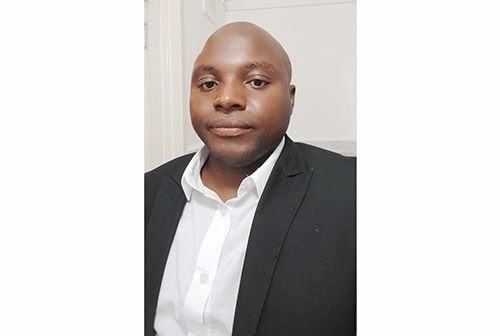Collen Kurana
Every country has a history to tell, preserve, and pass on to generations to come. And so is the Namibian history of independence, which was pursued through the barrel of the gun as well as by diplomatic means. That is how Namibia finally gained independence on 21 March 1990.
Nationalism spirit
There were several factors that led Namibians to start their quest for freedom. These started with the German colonial occupying forces, who were resisted by the indigenous people. This led to the attempt to exterminate indigenous Namibians from 1904 to 1908 by Germany.
This act by Germany has led historians to term it the first genocide of the 20th century. Other significant events included the wind of change that swept across the African continent, which saw Ghana gain independence in 1957. During the inauguration, Kwame Nkrumah, the first president of Ghana said, “our independence is meaningless unless it is linked up with the total liberation of Africa.”
These sentiments inspired many nationalist leaders in Africa, including those in Namibia. Other events included harsh treatment and exploitation (divide and rule) by the apartheid regime on Namibians. The Windhoek massacre of 1959 is one of the notable events showcasing Namibians’ quest for freedom.
Significantly, apartheid South Africa’s refusal to recognise the right to self-determination of Namibians caused grave disappointments among nationalist leaders. At the time, Namibia’s nationalist leader, the late Peter Nanyemba, said that Namibians would cross rivers of blood in order to liberate themselves from colonial oppression.
Liberation struggle
Namibia’s liberation struggle for independence began in the 1960s and continued until 1989. The struggle was protracted and bitter. Namibia’s founding father and first president of the Republic of Namibia, Sam Nujoma, who was the president of the South West African People’s Organisation (Swapo) in exile, beckoned that Namibia was going to become free no matter the longevity of the struggle.
In exile, he displayed his unwavering support and made sure that Namibians were motivated to continue with the struggle
on a daily basis. Indeed, the struggle was tough, as Namibians had to cross rivers of blood day and night. The struggle for independence required an ultimate sacrifice (see Nujoma’s book, ‘Where Others Wavered’) because apartheid South Africa had superior military power, and the course continued
for decades. However, nationalist leaders never relented in their quest for
freedom.
In his PhD thesis, ‘State Formation in Namibia: Promoting Democracy and Good Governance’, the late President Hage (2004) alluded to certain significant events that profoundly paved the way to the independence of Namibia. These included the battle of Cuito Cuanavale and Calueque in Angola from 1987 to 1988, and also diplomatic pressure on apartheid South Africa by international communities to relinquish power to the black majority in both Namibia and South Africa in the late 1980s.
Nationalist leaders proudly recall how South Africa’s armed force lost its air supremacy and defeat in the Cuito Cuanavale battle, which ultimately shifted the balance of power in Southern Africa.
I would state here that indeed Swapo’s liberation force, called the People’s Liberation Army of Namibia (Plan), jointly with the Cuban and People’s Movement for the Liberation of Angola (MPLA) forces, pulled out a historic battle in Southern Africa.
This battle helped change apartheid South Africa’s perception of Namibia’s quest for freedom. The battle of Cuito Cuanavale proved that Namibia meant serious business about independence, and therefore negotiation for independence was needed and there were no other ways. Eventually, Namibia emerged victorious under the able Swapo leadership, which relentlessly pursued Namibia’s course for independence.
Message to youths
Independence Day is a historic day that every Namibian should embrace wholeheartedly. It is a day that symbolises the sacrifices Namibians made to liberate themselves from colonialism. Youths, therefore, should embrace Independence Day as a significant day in our history. It means that youths should take serious recognition of the importance of the rights and freedoms we enjoy today, which came at the expense of many lives that were lost during the quest for freedom for Namibia.
Significantly, independence should mean carrying on where our forebears left off, collectively developing our country economically, and breaking prevailing social class structures that are still disadvantaging our communities. This means reducing the gap between the haves and have-nots in Namibia.
I would like to profoundly thank our nationalist leaders who put up a
courageous fight to liberate Namibia from colonialism. Youth should embrace independence as a significant contribution to the fundamental rights and freedoms we enjoy today. It is upon us all to take the course further to economically emancipate and develop our country.
*Collen Kurana is a peace and conflict scholar based in Windhoek, Namibia.


